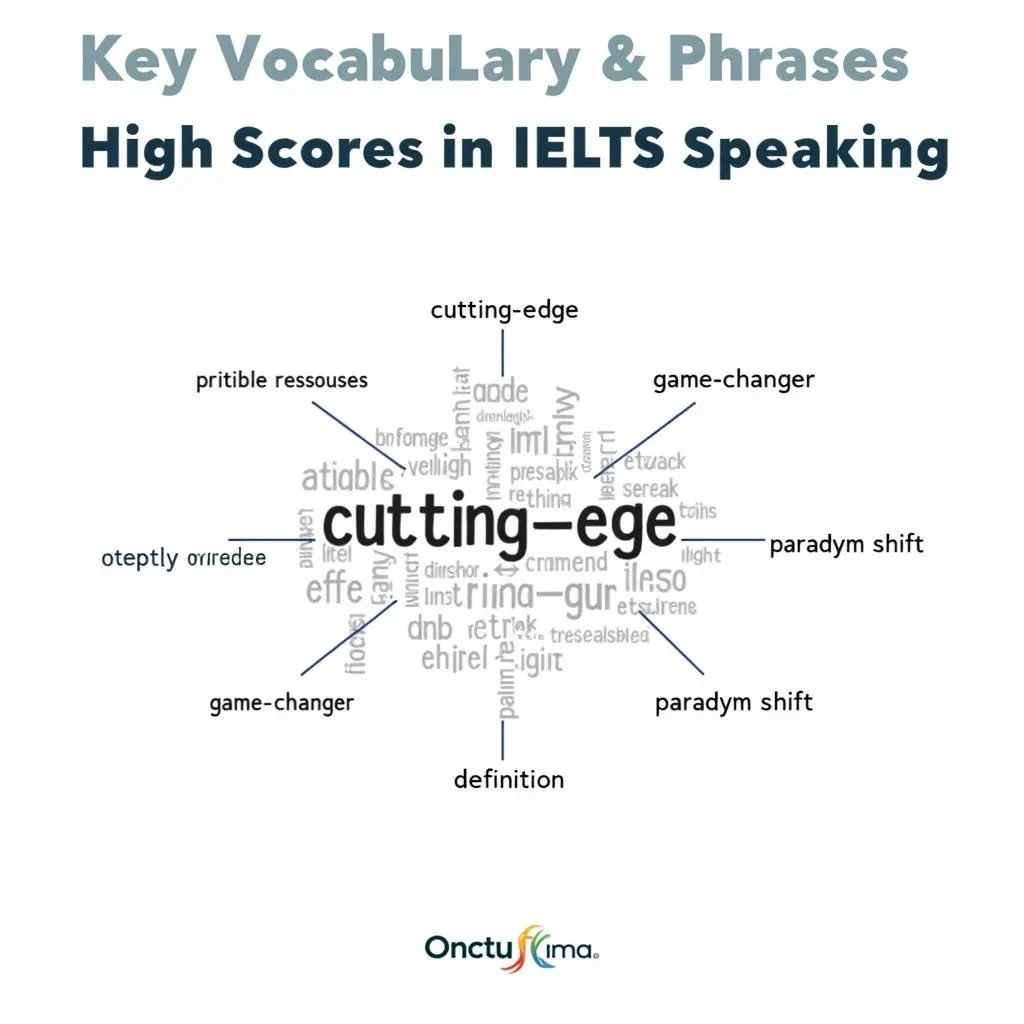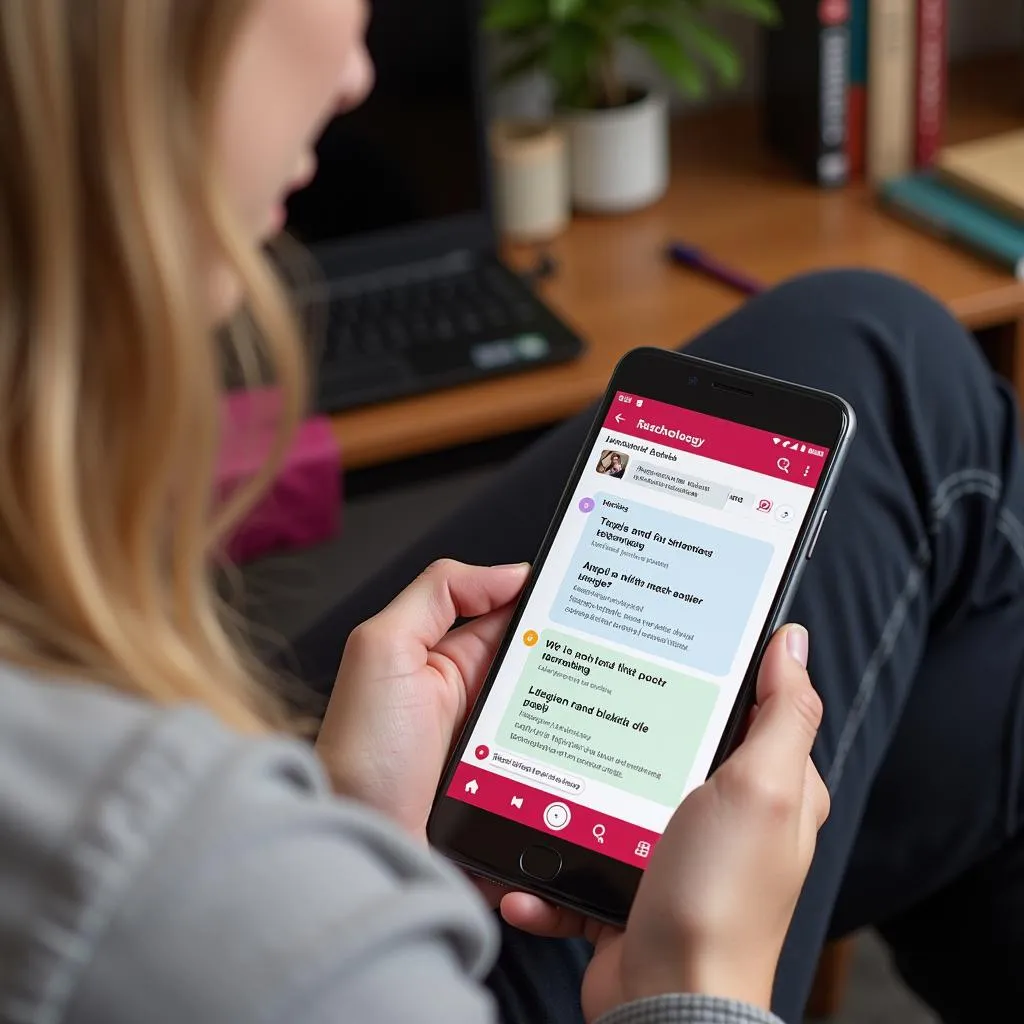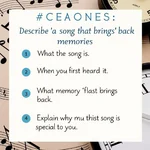In recent IELTS Speaking exams, describing a technology you’ve recently learned to use has become an increasingly common topic. As technology continues to evolve rapidly, examiners are keen to assess candidates’ ability to articulate their experiences with new technologies. This topic allows candidates to showcase their vocabulary, fluency, and ability to structure a coherent response. Let’s explore how to effectively approach this topic and maximize your score.
Part 1: Introduction and Interview
In this section, the examiner may ask some general questions about technology. Here are a few examples:
- Do you enjoy using new technologies?
- How often do you learn to use new technologies?
- What was the last piece of technology you learned to use?
Let’s focus on question 3 and provide a sample answer:
Sample Answer (Band 8-9):
“The last piece of technology I learned to use was a state-of-the-art smartwatch. I got to grips with it about a month ago, and I’ve been fascinated by its capabilities ever since. It’s not just a timepiece; it’s a comprehensive health monitor that tracks my heart rate, sleep patterns, and even stress levels. What impressed me the most was its ability to sync seamlessly with my smartphone, allowing me to receive notifications and even make calls directly from my wrist. It’s been a game-changer in terms of managing my daily routine and staying on top of my fitness goals.”
Part 2: Long Turn (Cue Card)
Here’s a sample cue card related to the topic:
Describe a technology that you recently learned to use
You should say:
- What the technology is
- How you learned to use it
- Why you decided to learn it
And explain how you feel about using this technology now
 IELTS Speaking Cue Card: Describe a technology
IELTS Speaking Cue Card: Describe a technology
Sample Answer (Band 6-7):
“I recently learned to use a drone, which is a small flying device controlled remotely. I decided to learn it because I’ve always been interested in photography, and I thought aerial shots would add a new dimension to my hobby.
To learn how to use it, I watched several online tutorials and practiced in an open field near my home. It took some time to get used to the controls, but after a few weeks, I became more confident.
Now that I can use the drone well, I feel really excited about the possibilities it offers. It’s opened up a whole new perspective for my photography, allowing me to capture stunning landscapes from angles I couldn’t before. However, I’m also aware of the responsibility that comes with flying a drone, especially regarding privacy and safety regulations.
Overall, learning to use this technology has been a rewarding experience, and I’m looking forward to exploring its capabilities further.”
Sample Answer (Band 8-9):
“I recently delved into the world of artificial intelligence by learning to use a sophisticated language model called GPT-3. This cutting-edge technology is capable of generating human-like text based on given prompts, which I found utterly fascinating.
My journey to master this technology began with immersing myself in academic papers and technical documentation. I then progressed to hands-on experimentation, fine-tuning the model for specific tasks and analyzing its outputs. The learning curve was steep, but the process was intellectually stimulating.
I was driven to learn this technology due to its immense potential in revolutionizing various fields, from content creation to data analysis. As an aspiring tech entrepreneur, I saw it as a crucial skill for staying ahead in the rapidly evolving digital landscape.
Now that I’ve gained proficiency in using this AI model, I’m both exhilarated and slightly daunted by its capabilities. It’s opened my eyes to the incredible possibilities of AI, but also made me acutely aware of the ethical considerations surrounding its use. I find myself pondering the implications for job markets and the future of human creativity.
Overall, mastering this technology has been a transformative experience. It’s not only enhanced my technical skills but also broadened my perspective on the future of technology and its impact on society. I’m eager to continue exploring its applications while remaining mindful of its responsible use.”
Follow-up questions:
- How has this technology changed your daily routine?
- Do you think this technology will become more widespread in the future?
Sample Answers:
-
(Band 6-7) “This technology has significantly impacted my daily routine. I now spend more time outdoors, looking for interesting locations to capture with my drone. It’s also made me more aware of my surroundings and weather conditions.”
(Band 8-9) “The integration of this AI technology into my daily routine has been nothing short of revolutionary. It has streamlined my research process, allowing me to rapidly synthesize information from vast datasets. Moreover, it has sparked a paradigm shift in how I approach problem-solving, encouraging me to think more creatively about leveraging AI in various aspects of my work and personal projects.”
-
(Band 6-7) “Yes, I believe drones will become more common in the future. They’re already being used in various industries like agriculture and construction, and I think we’ll see even more applications as the technology improves.”
(Band 8-9) “I’m convinced that AI language models like GPT-3 are poised for widespread adoption across numerous sectors. Their potential to augment human capabilities in areas such as data analysis, content creation, and decision-making is immense. However, this proliferation will likely be accompanied by robust debates on ethics, privacy, and the need for regulatory frameworks to ensure responsible use.”
Part 3: Two-way Discussion
In this section, the examiner will ask more abstract questions related to the topic. Here are some examples:
- How do you think technology has changed the way we communicate?
- What are some potential drawbacks of relying too heavily on technology?
- In what ways do you think technology will shape education in the future?
Let’s focus on question 1:
Sample Answer (Band 6-7):
“Technology has greatly changed the way we communicate. Now we can easily talk to people anywhere in the world through video calls and instant messaging. It’s made communication faster and more convenient. However, some people argue that it’s also made our interactions less personal.”
Sample Answer (Band 8-9):
“Technology has revolutionized communication in myriad ways. It has transcended geographical barriers, enabling real-time global interactions through platforms like video conferencing and social media. This paradigm shift has led to a more interconnected world, facilitating cultural exchange and collaborative opportunities on an unprecedented scale.
However, this technological evolution is a double-edged sword. While it has undeniably enhanced the speed and reach of our communications, it has also fundamentally altered the nature of our interactions. The prevalence of text-based communication, for instance, has led to a nuanced form of expression where emojis and GIFs often substitute for non-verbal cues. This shift has sparked debates about the depth and authenticity of digital relationships compared to face-to-face interactions.
Moreover, the constant connectivity afforded by modern technology has blurred the lines between personal and professional life, leading to concerns about work-life balance and digital well-being. It’s a complex landscape that continues to evolve, prompting us to reassess and adapt our communication strategies in this digital age.”
Key Vocabulary and Phrases for High Scores
-
Cutting-edge /ˈkʌtɪŋ edʒ/ (adj): The most advanced stage of development.
Example: “The company is developing cutting-edge AI technology.” -
To get to grips with (idiom): To begin to understand or deal with something.
Example: “It took me a while to get to grips with the new software.” -
Game-changer /ɡeɪm tʃeɪndʒər/ (noun): An event, idea, or procedure that effects a significant shift in the current way of doing or thinking about something.
Example: “The invention of the smartphone was a real game-changer in mobile technology.” -
To delve into (phrasal verb): To research or examine something thoroughly.
Example: “I decided to delve into the world of artificial intelligence.” -
Paradigm shift /ˈpærədaɪm ʃɪft/ (noun): A fundamental change in approach or underlying assumptions.
Example: “The internet caused a paradigm shift in how we access information.”
 Key Vocabulary for IELTS Speaking
Key Vocabulary for IELTS Speaking
Examiner’s Advice
To achieve a high score in the IELTS Speaking test, particularly when describing a technology you’ve recently learned to use:
-
Vocabulary: Incorporate a range of advanced and topic-specific vocabulary. Use idiomatic expressions naturally.
-
Fluency: Speak at a natural pace without long pauses. Use discourse markers to link your ideas smoothly.
-
Pronunciation: Pay attention to word stress and intonation. Practice pronouncing technical terms correctly.
-
Grammatical Range: Demonstrate your ability to use complex sentence structures and a variety of tenses accurately.
-
Coherence: Organize your ideas logically. Use clear examples to support your points.
-
Critical Thinking: In Part 3, show your ability to analyze the topic from different perspectives. Discuss both advantages and potential drawbacks of technology.
Remember, regular practice is key to improving your speaking skills. Record yourself answering sample questions and listen back to identify areas for improvement. Describe a recent discovery you made online that surprised you to further enhance your ability to discuss technology-related topics in your IELTS Speaking test.
 IELTS Speaking Practice Session
IELTS Speaking Practice Session
By following these guidelines and consistently practicing, you’ll be well-prepared to tackle any question about technology in your IELTS Speaking test with confidence and eloquence.


